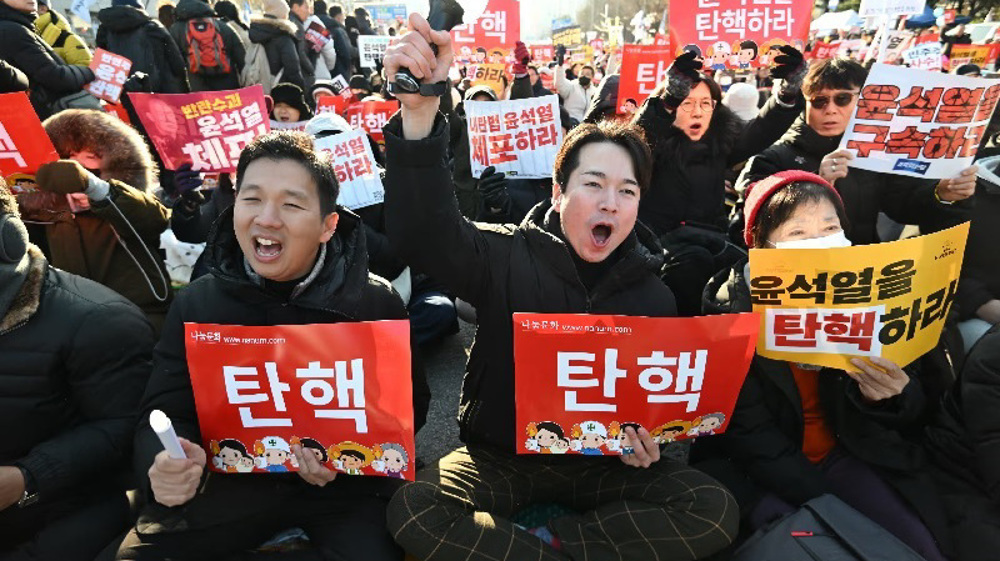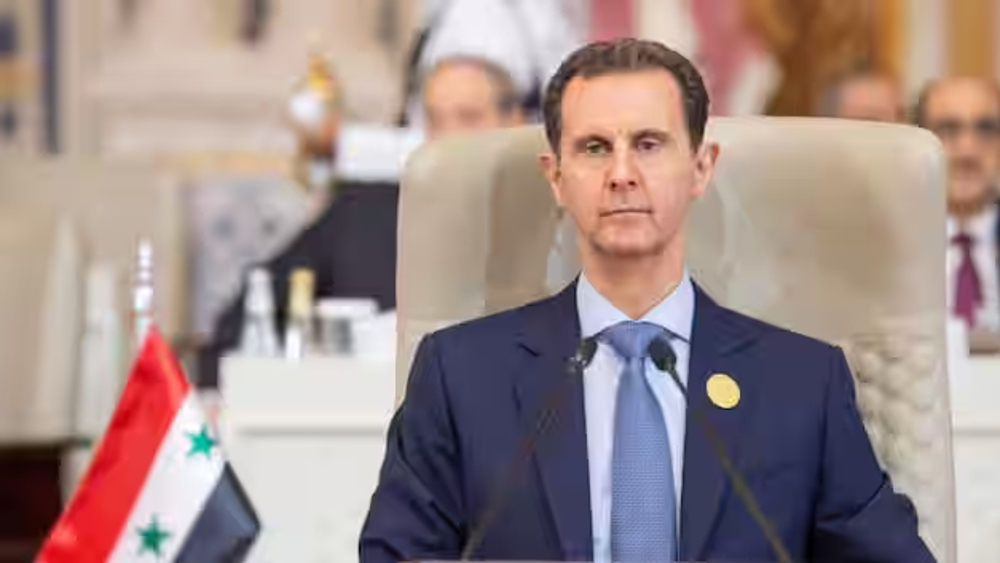Mass grave with remains of 215 indigenous children found in Canada
The remains of indigenous children, some as young as three years old, have been discovered in a mass grave at the site of a former Church run residential school in Canada, opening up old wounds for Indigenous people across Canada, who view this as yet another instance of the country’s historical anti-indigenous campaign.
A mass grave containing the remains of 215 indigenous children has been discovered in Canada. The remains were unearthed at the site of the former residential school for Indigenous children near the town of Kamloops, in British Columbia.
The bodies belong to students, including some as young as three years old. The authorities said an investigation into the timing and cause of their death is underway.
The Canadian Prime Minister Justin Trudeau reacted to the news by calling it distressing and a reminder of a dark chapter in Canada's history.
Canada's National Center for Truth and Reconciliation said in a statement that the discovery of bodies of Indigenous children at a former residential school is a reminder of the violence that had been inflicted on indigenous societies.
The Kamloops Indian Residential School was the largest in Canada's residential school system. It was part of a network of schools run by the Roman Catholic Church from the 1870s until 1996.
For more than a century, Canadian authorities forcibly assimilated indigenous children by separating them from their families and forbidding them from speaking their native languages or performing cultural practices.
The Residential Schools' main objective was assimilating the children into white Canadian society by severing their indigenous family and cultural ties. These were the values that colonial settlers, who made up the majority of the population at that time, brought to Canada.
These children were victims of widespread, physical, emotional, and sexual abuse within these institutions. Today, those experiences are blamed for a high incidence of poverty, alcoholism, and domestic violence, as well as the high suicide rate in their community.
The land that is stolen from them is simply a result, it's not the cause. The, it is certainly part and parcel of it, the indigenous population has suffered greatly since the first white Europeans colonists came to came to Canada. They certainly stole the land but they oppress the people, they killed them and they enslaved them. This is a long, long history of settler colonialism that Canada has not yet come completely to terms with that it needs to.
Robert Fantina, Author and Political Analyst
150,000 native or First Nations children were forcibly removed from their families and sent to residential schools. The schools were rife with physical abuse, rape, malnutrition, and other atrocities against the children.
A 2015 investigation into Canada's residential school network concluded that the Canadian government and Church had pursued a policy of cultural genocide against the country's rightful owners.
The documents revealed that many students lost their lives because they were exposed to outbreaks of measles, tuberculosis, influenza and other contagious diseases.
Over 4100 children died due to disease or in accidents at schools have been identified to date. They were often buried in unmarked graves, without identification or notice to their parents.
Moreover, while the residential schools may be closed, indigenous children continue to be separated from their families in disproportionate numbers.
According to census data, in 2016, more than 52% of children in foster care, were indigenous, that's while indigenous children only made up 7.7% of Canada's foster children in care population.
This systematic discrimination against indigenous people in Canada has existed for decades. Despite making up just 5% of Canada's population 30% of the country's prisoners are indigenous.
Also, the government has willfully and recklessly discriminated against indigenous children living on reserves, by failing to provide funding for Child and Family Services.
If their rights will be respected, that will be because of activists, people within the Native community, who who are working very hard now, there are many people who are working for the rights of indigenous people, not only members of that community, but members of other communities within Canada, they are working hard to, to implement government changes to make the government see that it must respect their rights.
Robert Fantina, Author and Political Analyst
Forced removal, genocide and assimilation, are what colonial settlers inflicted on the indigenous peoples in Canada.
All this is hardly surprising since Canada's Foundation, as a country is based upon the process of colonization.
Iran: US airstrikes on Yemen war crimes, violation of international law
Yemeni armed forces down F-18 fighter jet, repel US-UK attack: Spokesman
Iran warns against US-Israeli plot to weaken Muslims, dominate region
VIDEO | Public uproar in US against Israeli regime
‘Ghost town’: 70% of Jabalia buildings destroyed by Israel
Mother’s Day: Sareh Javanmardi’s inspiring journey as Paralympic champion and mother
Russia downs over 40 Ukrainian drones as Putin vows 'destruction' on Kiev
VIDEO | Yemen: A bone in Israeli neck












 This makes it easy to access the Press TV website
This makes it easy to access the Press TV website